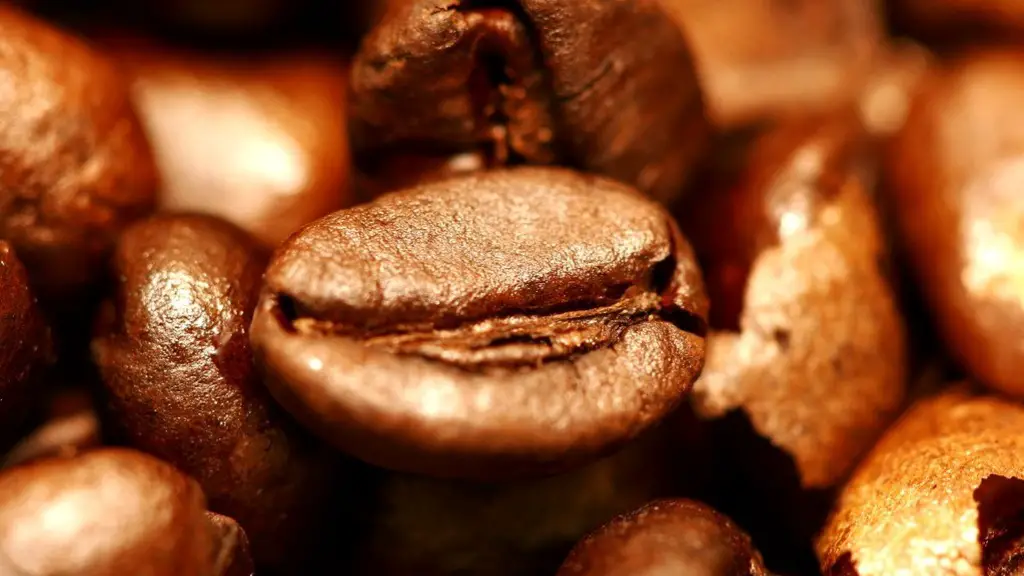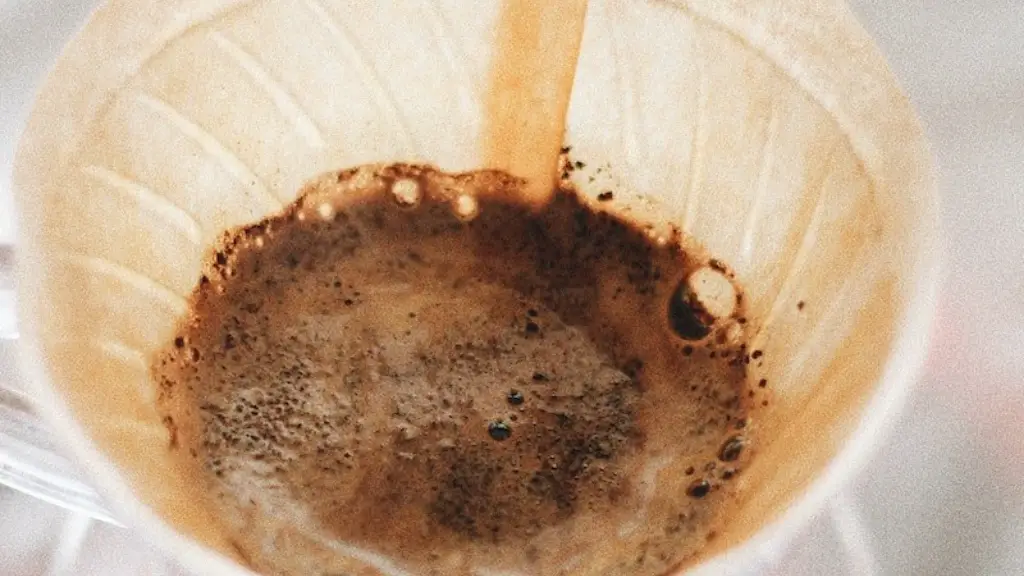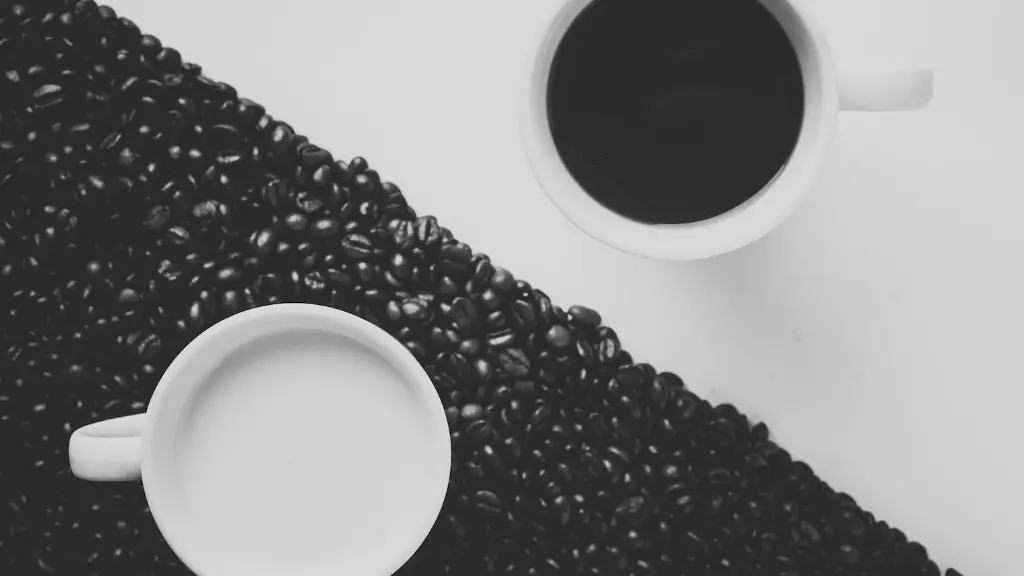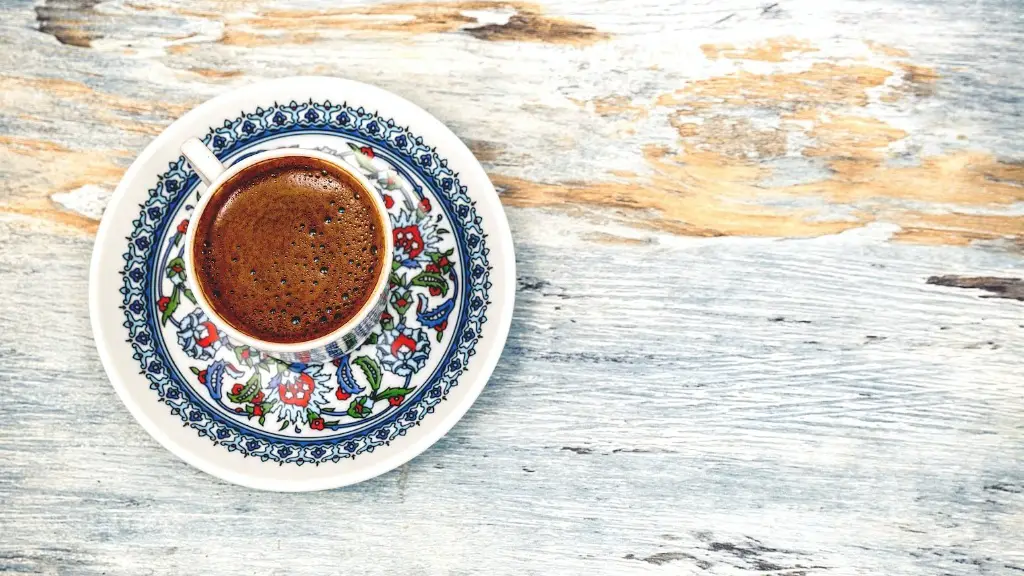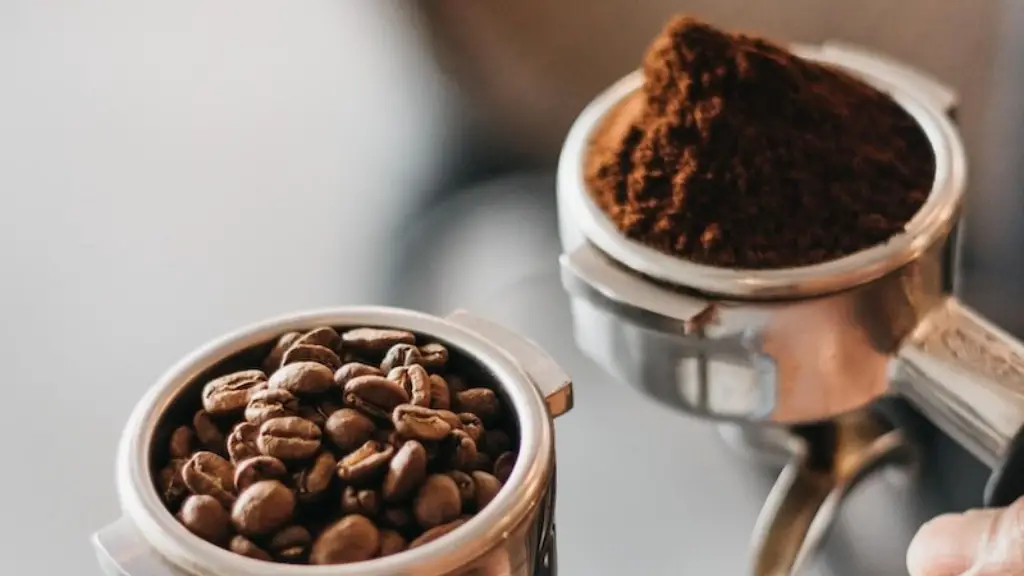Coffee is one of the world’s most beloved and consumed beverages, but for those suffering from chronic kidney disease (CKD), is it safe to drink? While the effects of coffee on kidney function remain heterogeneous, studies suggest that moderate consumption might be okay. Despite this, those with CKD should still be careful, as several factors such as caffeine intake, build-up of vitamins and minerals, and the effects of other beverages and drugs, play a significant role in the balance of their health.
CKD is a long-term condition in which the kidneys become damaged and unable to adequately filter and eliminate waste from the body. Symptoms of this condition can include swelling, changes in skin and hair, fatigue, difficulty sleeping and concentrating, and reduced appetite. During later stages, patients may also experience inner restlessness, nausea, vomiting, and decreased urine production.
Coffee contains caffeine, which can act as a diuretic and lead to dehydration, the primary concern with CKD patients. This can be particularly harmful when coupled with a kidney’s inability to filter out toxins and extra fluid. As a result, consuming large amounts of coffee may lead to water and electrolyte imbalances that can adversely affect kidney health and lead to further complications.
While studies on the link between coffee and CKD are sparse, several experiments have uncovered that moderate coffee consumption can actually display protective effects for kidney function. In one large study, it was found that those who drank three or fewer 8-ounce cups of coffee a day had a lower risk of kidney disease progression than those who drank more.
The benefits of drinking moderate amounts of coffee might be attributed to its significant antioxidant content, which can reduce inflammation in the body and protect the kidneys from further damage. It is important to note that this beneficial effect of coffee on CKD cannot be assumed to be true for all caffeinated beverages. Therefore, it is important to ensure that one is drinking quality coffee, rather than processed ‘energy’ drinks that contain high levels of artificial sweeteners, sodium, and other potentially harmful ingredients.
It is also wise to take into account the other effects that coffee can have on the body. For instance, those with CKD should be extra cautious of the build-up of certain vitamins and minerals in their body due to the inability of their kidneys to properly eliminate them. All of these factors must be taken into consideration when determining the safety of drinking coffee with CKD.
Other Beverages and Drugs
Apart from coffee, there are other beverages and drugs that should be avoided when suffering from CKD. Alcohol should always be avoided as it is a diuretic, meaning it will cause increased urination and dehydration, both of which can be detrimental to kidney health. Excessive drinking can also lead to further kidney damage and worsen existing symptoms of CKD.
Cigarette smoking should also be avoided as it can trigger and worsen kidney inflammation, increase blood pressure, alter renal function, and increase levels of certain minerals in the body. In addition, most over-the-counter painkillers are processed by the kidneys, meaning that any sudden build-up of these drugs could lead to harmful side effects.
In general, as someone with chronic kidney disease, it is wise to not only be mindful of what foods and beverages are consumed, but also to be aware of any potential interactions that may exist with any medications that are taken.
Kidney Disease and Diet
Those suffering from chronic kidney disease should be conscious of their dietary intake, not only for the purpose of avoiding certain beverages and drugs, but to also ensure proper nutrition. Studies have suggested that a CKD diet should be high in fibre and low in sodium, potassium, phosphorus, and cholesterol, and should provide all essential vitamins and minerals.
This could include incorporating more plant-based proteins, such as beans and legumes, while limiting or avoiding red meat, dairy and processed goods that contain high levels of sodium. Incorporating a healthy balance of fruits, vegetables, bouillon-based soups, and whole grains can also help to improve overall health and provide the essential nutrients.
Maintaining a healthy diet can help preserve kidney function and improve overall health. Choosing the right foods and reducing or avoiding the consumption of certain beverages and drugs could prove to be beneficial for those suffering from CKD.
The Bottom Line
In conclusion, drinking caffeine in moderation may be protective for CKD, but it is important to take all measures into consideration when determining the safety of drinking coffee with CKD. One should be aware of the potential buildup of certain vitamins and minerals in the body and factor in any other medications that are taken. Furthermore, healthy dietary choices, such as incorporating more plant-based proteins, could also have beneficial effects on kidney health.
Vitamins and Minerals
Vitamins and minerals are essential for the maintenance of healthy liver function. Vitamins provide the body with energy and are necessary for cell growth and development. They can be found in certain types of foods and can also be taken as supplements. Examples of vitamins include Vitamin C, Vitamin A, Vitamin B12, and Vitamin E.
Minerals are vital for healthy cell structure and proper metabolic processes. They protect cells from damage, regulate body fluids, and are essential for energy production. Examples of minerals include iron, calcium, potassium, magnesium, and phosphorus. A balanced diet that is rich in vitamins and minerals should be consumed by those suffering from CKD to ensure proper nutrition and health.
Some food sources that are rich in vitamins and minerals include green leafy vegetables, citrus fruits, fish, poultry, and nuts. As with all CKD diets, it is important to watch the amount of sodium intake. Eating a balanced diet that involves these foods, maintaining moderation with caffeine and other beverages, and taking prescribed medications on time, could ensure optimum health.
Caffeine and Kidney Stones
In addition to its effects on CKD, studies have found that caffeine consumption can be linked to the formation of kidney stones. Kidney stones are rock-like deposits composed of salts and minerals that can form in the urinary tract and cause pain, as well as blockages and infection. Caffeine can exacerbate the development of kidney stones because of its diuretic effect, which can lead to dehydration and a decrease in urinary citrate.
It is important for those at risk of forming kidney stones to limit their caffeine intake to reduce the likelihood of stone formation. Some experts suggest reducing coffee consumption to two cups per day or fewer and replacing the remainder with other beverages such as tea or water.
It is also worth noting that caffeine may interact with certain drugs and treatments for CKD, such as blood pressure medications. Therefore, it is best to consult a doctor or healthcare professional before making any changes to your coffee consumption.
The Power of Home Dialysis
While the management of CKD often requires the use of medications and a special diet, treating the condition at home may also be beneficial. Home dialysis, which uses a machine to clean the blood, can enable individuals to remain active and independent while managing their kidney health. This can reduce the strain on the patient’s kidneys and allow them to remain active in their daily life.
Home dialysis can also be tailored to the patients’ lifestyle and make it easier to manage other health concerns such as diabetes, anemia, and high blood pressure. Additionally, the process of dialysis can be performed without leaving the comfort of one’s home, and the machines can be programmed to fit a patient’s needs and schedules.
Home dialysis can be used in combination with medications and dietary changes to provide a comprehensive treatment plan for CKD. Consultation with a medical professional should be sought before engaging in a home dialysis program.
Tips for Preventing CKD
Aside from proper nutrition and regular dialysis treatments, avoiding certain substances can also be an effective means of preventing CKD. Alcohol and tobacco should always be avoided as they are known to cause damage to the kidneys. Furthermore, those with CKD should limit their salt intake, as excessive sodium can lead to dehydration, water retention, and other cardiovascular issues.
Managing a healthy weight is also essential for protecting the kidneys from additional harm. Being overweight increases a person’s risk for diabetes, high blood pressure, and other illnesses that can adversely affect the kidneys. Regular exercise and healthy eating habits can help maintain a healthy weight and reduce the risk of developing or worsening CKD.
Finally, while some medications can be beneficial to CKD patients, it is wise to avoid certain over-the-counter drugs that can be harmful to the kidneys. Always consult with a doctor or healthcare professional before taking any medication to ensure it is safe for those with CKD.

